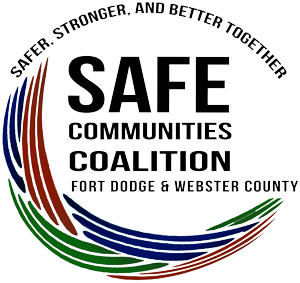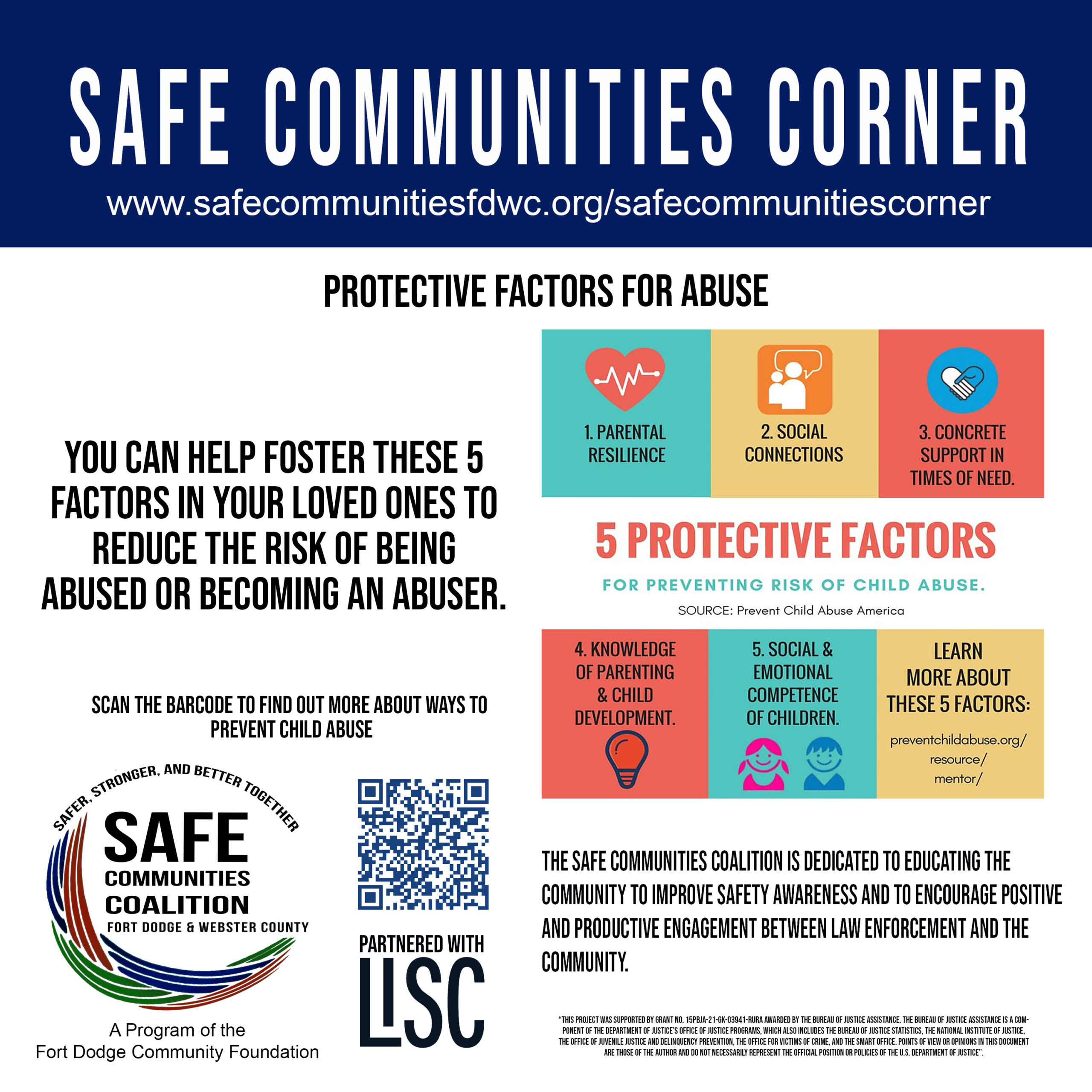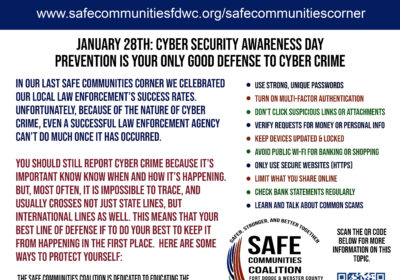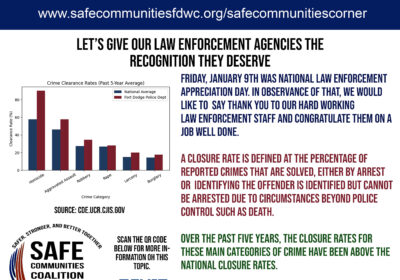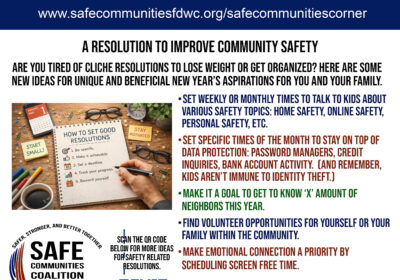If you have children, think back to the first time you held your little bundle. Most likely, you remember very well the moment your eyes met and you realized that this little person was yours. If you were like me, the overwhelming joy was quickly dashed by a moment of panic. “I’m totally responsible for this little person’s life!”
That feeling is completely normal, but sometimes that panic comes from a place of valid concern. If you didn’t have a great example of what parenthood should look like in your own life you might be worried that you are destined to repeat the pattern. It is true that often, abuse is generational. Generational abuse opens the door to issues that can make parenting even more challenging and choices that attract abusive patterns in relationships. The good news is that there are 5 key factors found in healthy parenting that can help reduce the risk of abuse in general, but particularly child abuse.
- Parental Resilience – this is defined as a parent’s ability to effectively manage adversity and stress, bounce back from challenges, and keep a positive outlook on their parenting journey. This does take a certain amount of skill but a large majority of resilience is mind-set. Instead of falling into a victim mentality, practice looking for strengths and accomplishments in overcoming the challenges you face as a family. Reduce stress using healthy coping mechanisms and understand that part of parenting means being flexible and willing to adapt to change. By modeling this type of attitude, your children learn resiliency for their own lives.
- Social Connections – maintaining healthy relationships outside of the home is critical. These relationships can be family, friends, neighbors, and other community members. This builds a sense of community and belonging, and goes hand in hand with the 3rd factor of having a concrete support system.
- Having a Concrete Support System – if you’re lucky, this can come from long standing friends or family in your life. Other times, some parents need resources and assistance that extend beyond what individuals can do. In that case it is important to know what resources are available in your area. Check out our local resource page by clicking here.
- Knowledge of Parenting and Child Development – by no means do you have to be an expert in this, but a basic understanding of the child development stages and the types of parenting techniques that are effective for each stage are helpful in relating to your child.
- Social and Emotional Competence of Children – understand that your children are not mini adults. They need help processing and regulating emotions and guidance to develop healthy relationships and good decision making.
These five protective factors are a good baseline for protecting your children, yourself and your loved ones from abuse. When I consider the people I know who have broken the cycle, these characteristics are exactly what I see. They have been able to step out of the abuse, sometimes with nothing more than the desire to have a better life, and to be able to gift that to their children.
To report suspected child abuse please call: 1-800-362-2178.
